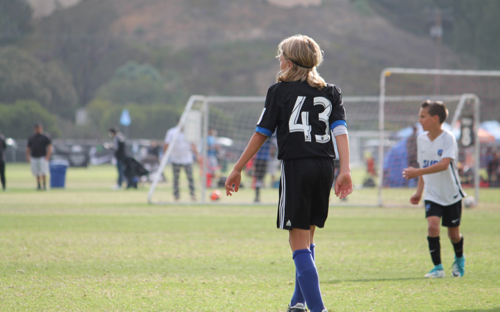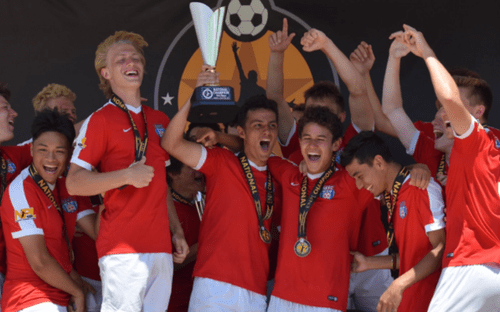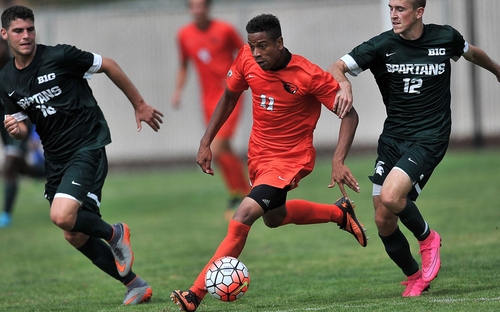
Future graduating classes will write a new book on being recruited to play soccer in college. Each class will have a unique opportunity to take advantage of this new age to showcase themselves and their soccer skills like never before.
Everyone is aware of what’s changed with college soccer recruiting, specifically the NCAA issued rule adaptations to help college coaches and prospective student-athletes understand how they see the future. Changes were made to academic eligibility, recruiting, scholarships, financial aid, and much more.
Maybe the most significant change was the creation and extension of the Division I dead period until August 31. (Division II remains in a quiet period.) There is a real possibility this dead period will extend into 2021. Meaning on-campus recruiting (official/unofficial visits, id camps, etc.) and off-campus recruiting (showcases, league games, combines, etc.) will not happen for a while. While this looks like it denies prospective student-athletes critical access to college soccer coaches, it actually opens the door for even more access in ways that better suit our players.
Quick note: the changes made to current academic eligibility are essential to note for each NCAA Division. It is important to realize that eventually, academic eligibility will return to pre-COVID norms but will have possible lingering effects. To better understand these implications, here is a link to the NCAA COVID 19 Response FAQ.
Alongside the NCAA rule changes, college athletic budgets at ALL levels have been slashed. The college recruiting budget has been the most impacted. Even if coaches were allowed to go on the road and recruit, most of them would not have enough budget to see enough players.
But, college coaches still need to recruit and fill roster spots. So what can current and future graduating classes start doing to better position themselves for the future of recruiting?
1. Bring your soccer play to life online. Pick your favorite social media platform that has a public option and create a profile for your soccer persona. If you use Trace to film your games, Trace iD is a great solution. The goal of this profile should be showcasing you as a soccer player, on and off the field. If you have a backlog of game film, it’s time to start sorting through it and putting it on your new soccer profile. If you don’t have game film, use your phone to record as much as possible. And the next time you play a game, make sure you record as many personalized moments as possible.
2. Once you build your soccer profile, start producing and posting content consistently. You need to give college coaches a reason to come back and check in on you.
3. Engage college coaches directly through social media, especially the assistant coaches, who are more likely to be social media active. They should be able to click into your soccer profile and, within 5-10 minutes, get a great understanding of you as a player.
4. Continue to focus on academics, GPA, and test scores, this will become an even bigger part of the recruitment process.
5. Continue to work hard at perfecting your game, and make sure you record this work and post the progress on your soccer profile.
And always, always be proactive in your communication with prospective schools!

